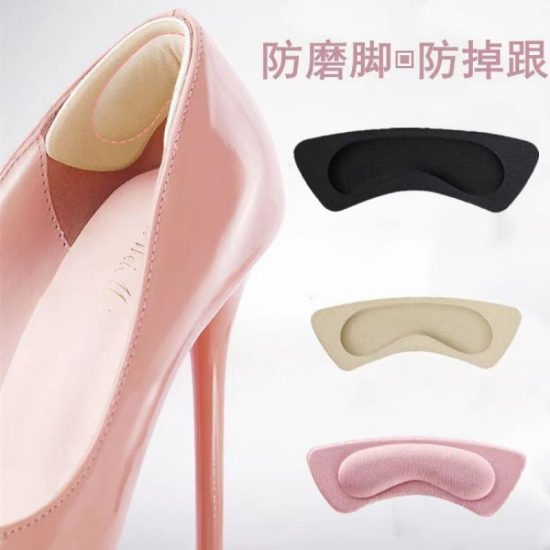Shoe insoles can have a significant impact on overall foot health. Here are some ways that insoles can affect foot health:
- Support: Insoles can provide additional support to the foot and help distribute weight evenly across the foot. This can reduce pressure points and help prevent injuries like plantar fasciitis and stress fractures.
- Comfort: Insoles can add cushioning and shock absorption to shoes, which can make them more comfortable to wear. This can reduce foot fatigue and make it easier to stand or walk for extended periods of time.
- Alignment: Insoles can help improve foot alignment and correct issues like overpronation or supination. This can reduce strain on the feet, ankles, knees, and hips, and prevent or alleviate pain in these areas.
- Moisture-wicking: Some insoles are designed to wick moisture away from the foot, which can help prevent fungal and bacterial infections and reduce foot odor.
- Injury prevention: Insoles can be used to help prevent or manage a variety of foot and ankle injuries, including plantar fasciitis, Achilles tendonitis, and shin splints.
In summary, using the right type of insole can provide significant benefits to overall foot health. They can improve foot alignment, support, comfort, and prevent injuries. However, it is important to choose the appropriate insoles that are designed to address specific foot issues and fit properly into your shoes.

![]()
